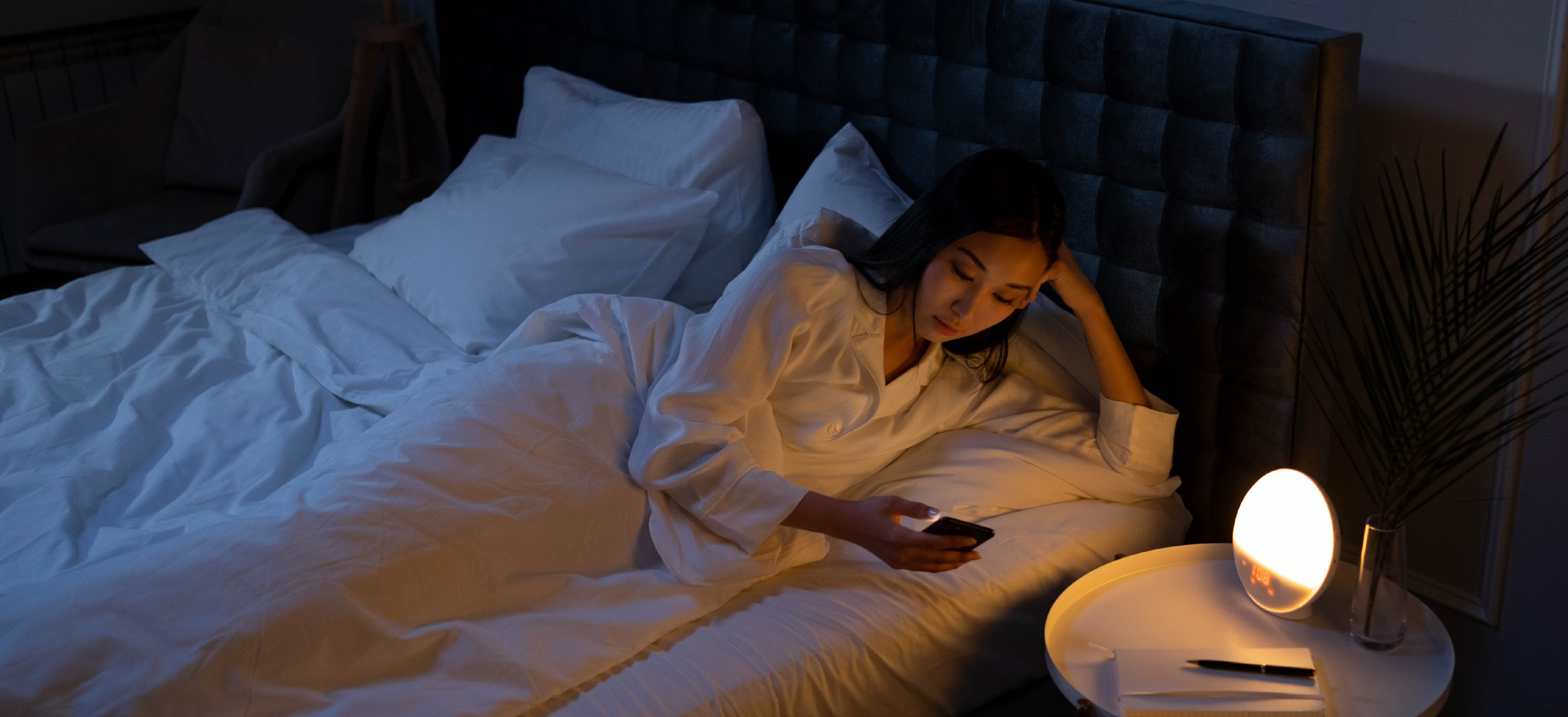Sleep disorders are conditions that make it difficult for a person to receive adequate, restful sleep. These diseases have a variety of reasons, ranging from habits people have acquired before going to bed to various medical issues that interrupt the typical sleep cycle. If you discover that you don’t feel refreshed when you wake up in the mornings, you should probably consult your doctor to see if you have a sleep condition. Sleep disturbances can have a significant impact on one’s overall health.
- Why is Sleep Important?
Sleep deprivation might put your life in jeopardy! Poor sleep has been connected to automobile accidents, personal troubles, poor job performance, injuries, memory problems, and mood disorders. Furthermore, according to studies, sleep disturbances are thought to play a role in heart disease, obesity, and diabetes.
- How Much Sleep does a Person Need?
Individual sleeping demands differ, and sleep times vary between children and adults.
- Adults
Adults’ sleep requirements might range from five to as many as ten hours each night. However, according to various studies, most typical adults sleep for roughly seven to eight hours per night.
- Younger People
The younger a person is, the more sleep they require. Teenagers, for example, need approximately nine hours of sleep per night, and infants need roughly 16 hours.
- What is Insomnia?
The inability to fall asleep or stay asleep is known as insomnia. Most people will struggle to fall asleep at some point during their lives. Insomnia is diagnosed when a person has difficulty falling asleep on a regular or consistent basis. Insomniacs have trouble falling asleep and staying asleep, often for hours at a time, and they may wake up either too early in the morning or periodically throughout the night.
- Causes of Insomnia: Sleep Hygiene
Poor sleep hygiene refers to unhealthy behaviors that make it difficult for a person to fall asleep. Insomnia can be caused by unhealthy habits or poor sleep hygiene, such as drinking coffee or other caffeinated drinks in the evening, smoking, eating heavy foods late at night, by falling asleep with the lights on and leaving the television on, or by using a mobile phone, computer, or tablet just before bed.
- Causes of Insomnia: Mental Health
Insomnia is caused by a variety of factors, including poor sleep hygiene. Insomnia can be caused by mental health issues such as depression, anxiety, and stress (for example, posttraumatic stress disorder, divorce, or financial difficulties). In addition, several of the medications used to treat these mental health issues may induce or exacerbate sleep disorders. Consult your doctor about any sleep-related matters you believe are caused by medicines.
- What is Sleep Apnea?
Sleep apnea is a condition in which a person repeatedly stops breathing while sleeping. The breathing pauses might last a few seconds or longer, and they cause the body to transition from non-REM stage IV sleep to extremely light stage I sleep, with the patient periodically waking up. Insomnia and daytime tiredness can result from frequent interruptions in the usual sleep cycle. Many people suffer from this issue and are unaware of it.
- How to Sleep Better: Exercise
A decent sleep hygiene program also includes regular exercise. It is, however, critical to choose the best times to exercise. Exercising in the late afternoon can help you fall and stay asleep more easily. However, exercising within a few hours (approximately two to four hours) of going to bed may make getting a decent night’s sleep more challenging. In general, people who exercise regularly have a lower incidence and risk of sleeplessness.


